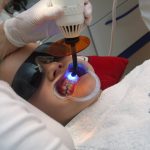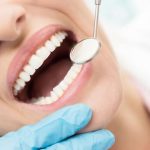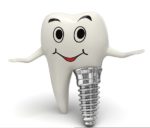Longevity of Dental Crowns: How Long Do Crowns Last on Teeth?
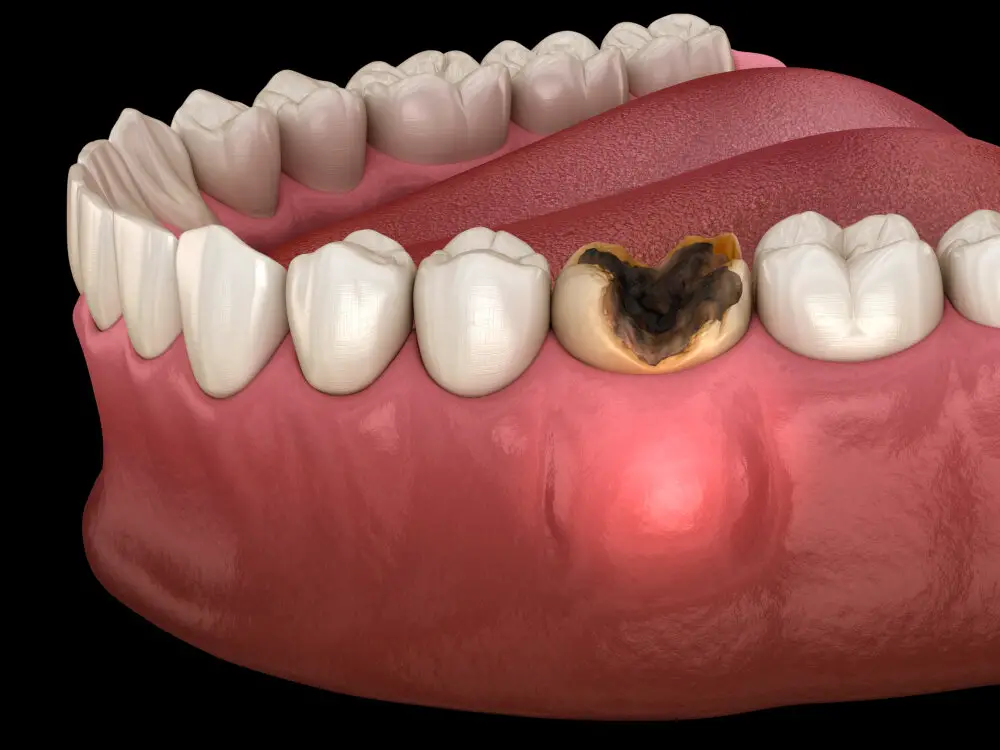
Dental crowns are a common solution for many dental problems, ranging from restoring a broken tooth to improving the appearance of discolored teeth. However, one of the most common questions that patients ask is, \How long do dental crowns last?\ The longevity of dental crowns is an important consideration for patients, as they want to ensure that the investment they make in their dental health is a long-term one. The answer to this question is not straightforward, as there are many factors that can influence the lifespan of a dental crown. The first factor to consider when discussing the longevity of dental crowns is the material used to make them. Crowns can be made from a variety of materials, including ceramics, porcelain, and metal alloys. Each material has its own advantages and disadvantages, and the lifespan of the crown can vary depending on the material used. For example, porcelain crowns are known for their natural appearance, but they can be brittle and may need to be replaced more frequently than metal crowns. On the other hand, metal crowns are durable and long-lasting, but they may not be as aesthetically pleasing as porcelain or ceramic crowns. Understanding the properties of each material can help patients make an informed decision about which type of crown is right for them.
Dental crowns are synthetic caps that are placed over a tooth to restore its function and appearance. They are usually made of porcelain, ceramic, metal, or a combination of these materials. Crowns are used to protect teeth that have been weakened by decay, trauma, or other factors. They can also be used to cover teeth that are discolored or misshapen. Crowns are custom-made to fit over the tooth and are cemented in place by a dentist. With proper care, dental crowns can last for many years, providing patients with a durable and long-lasting solution for tooth restoration.
Dental crowns play a crucial role in modern dentistry as they provide a practical and effective solution to a variety of dental problems. Crowns are custom-made caps that are placed over damaged or weakened teeth to restore their function, strength, and appearance. They can be made from various materials, such as porcelain, ceramic, metal, or a combination of materials, depending on the patient’s needs and preferences. Dental crowns are used to treat a wide range of dental issues, including tooth decay, root canal therapy, cracked or chipped teeth, and cosmetic enhancement. They not only protect the underlying tooth from further damage but also improve the overall aesthetics of the patient’s smile. With proper care and maintenance, dental crowns can last for many years, providing patients with a long-lasting and reliable solution to their dental problems.
Factors Affecting the Longevity of Dental Crowns
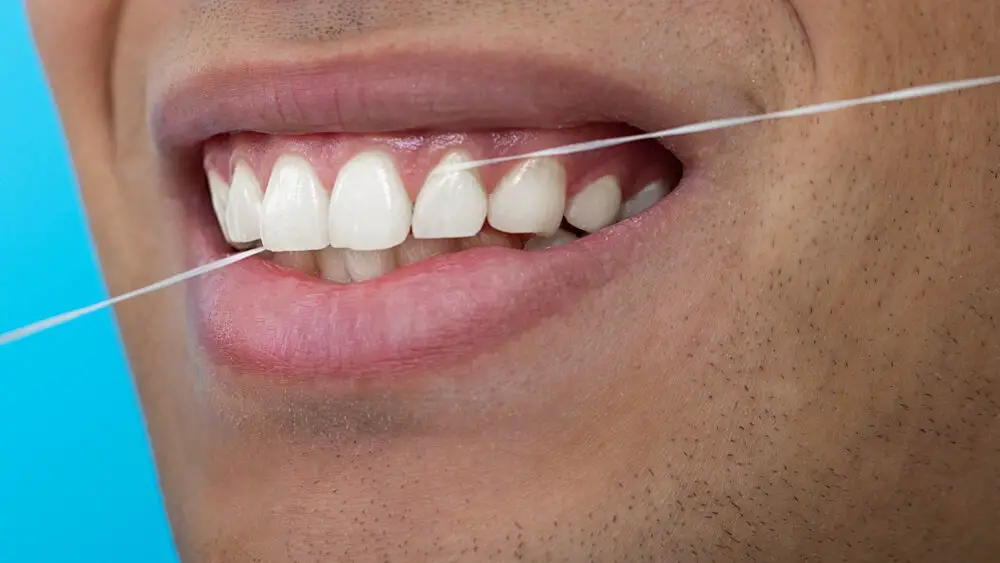
Dental crowns are an essential restorative tool used by dentists to help repair and restore damaged teeth. Dental crowns are also used to improve the aesthetic appearance of teeth and can help to prevent further damage to a tooth. However, the longevity of dental crowns can vary depending on several factors. One of the primary factors affecting the longevity of dental crowns is the material used to make the crown. There are several different materials that can be used to make dental crowns, including metal, porcelain, and resin. Metal crowns tend to be the most durable and long-lasting, but they are often not as aesthetically pleasing as porcelain or resin crowns. Porcelain and resin crowns are more aesthetically pleasing, but they tend to be less durable and may need to be replaced more frequently. Another factor that can affect the longevity of dental crowns is the quality of the crown’s placement. If a crown is not placed correctly, it may not fit properly, which can cause it to become loose or even fall off. In addition to the material used to make the crown and the quality of its placement, other factors can also affect the longevity of dental crowns. These factors include a patient’s oral hygiene habits, their diet, and any underlying health conditions they may have. Patients who maintain good oral hygiene habits, such as brushing and flossing regularly, are more likely to have their dental crowns last longer. Additionally, patients who eat a healthy diet and avoid sugary or acidic foods and drinks can help to prevent damage to their crowns. Finally, patients with underlying health conditions that affect their teeth and gums may be more susceptible to crown failure and may need more frequent replacements.
The material of the crown is a critical factor that determines the longevity of dental crowns. Different types of materials, such as porcelain, metal alloys, zirconia, and resin, have varying degrees of strength, durability, and aesthetic appeal. Porcelain crowns, for instance, are known for their natural-looking appearance, but they are less durable than metal or zirconia crowns. Metal alloys, on the other hand, are strong and long-lasting, but they may not be suitable for patients with metal allergies or aesthetic concerns. Zirconia crowns are a newer type of material that offers both strength and aesthetics, but they may be more expensive than other options. Ultimately, the choice of crown material depends on various factors, such as the location of the crown, the patient’s preferences, and the dentist’s recommendations.
Oral hygiene is a fundamental part of maintaining the longevity of dental crowns. It involves taking care of one’s teeth and gums by regular brushing, flossing, and rinsing with mouthwash to remove plaque and prevent gum disease. Poor oral hygiene can lead to decay and damage to the underlying tooth structure, which can compromise the integrity of the crown. Additionally, habits such as smoking and consuming sugary drinks can also contribute to the breakdown of the crown over time. Therefore, it is essential to practice good oral hygiene habits to ensure the longevity of dental crowns and maintain overall oral health.
Bite force refers to the maximum amount of pressure that can be applied by the teeth during chewing or biting. It varies greatly among different species of animals, with some predators having incredibly powerful jaws capable of crushing bones and tough hides. In humans, the average bite force is around 160 pounds per square inch (psi), but it can reach up to 300 psi in some individuals. This force can have a significant impact on the longevity of dental crowns, especially in patients who grind or clench their teeth. A well-designed and properly fitted crown can withstand normal bite forces, but excessive pressure can cause the crown to crack or chip over time, leading to the need for replacement.
Regular dental checkups are an essential part of maintaining good oral health. These appointments allow dentists to identify and address any potential issues before they become more serious problems. During a checkup, the dentist will examine the teeth, gums, and mouth for signs of decay, infection, or other issues. They may also take x-rays to get a better look at the teeth and jawbone. By scheduling regular checkups, patients can ensure that their dental crowns and other restorations are in good condition and will last as long as possible. Additionally, regular cleanings can help prevent the buildup of plaque and tartar, which can lead to tooth decay and gum disease. Overall, regular dental checkups are a vital part of maintaining a healthy, long-lasting smile.
Types of Dental Crowns and Their Lifespan
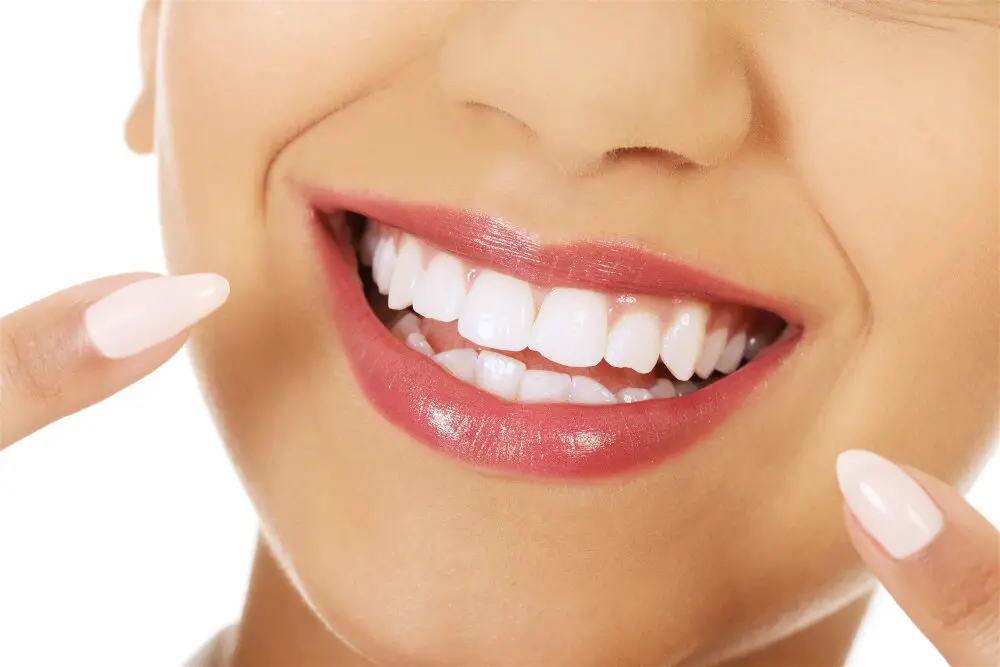
Dental crowns are one of the most common procedures performed in dentistry. They are used to cover and protect damaged teeth, restore their functionality, and improve their appearance. Dental crowns are made of different materials, and each material has its own unique properties, advantages, and disadvantages. The most common types of dental crowns are porcelain, ceramic, metal, and composite resin. Porcelain and ceramic crowns are known for their natural appearance, durability, and resistance to stains. They can last for up to 15 years or more, provided that they are properly maintained and cared for. Metal crowns, on the other hand, are strong and long-lasting, but they are not as aesthetically pleasing as porcelain or ceramic crowns. They can last for up to 20 years or more. Composite resin crowns are the most affordable option, but they are not as durable as other types of crowns. They can last for up to 5-7 years. The lifespan of dental crowns depends on several factors, including the type of crown, the material used, the quality of the restoration, and the patient’s oral hygiene habits. Proper oral hygiene is essential for maintaining the longevity of dental crowns. Patients should brush their teeth twice a day, floss regularly, and visit the dentist for routine check-ups and cleanings. They should also avoid eating hard or sticky foods that can damage or dislodge the crown. If a crown becomes loose or damaged, it should be repaired or replaced as soon as possible to avoid further damage to the tooth. With proper care and maintenance, dental crowns can last for many years and provide patients with a strong, functional, and attractive smile.
Porcelain crowns, also known as ceramic crowns, are a popular choice for dental restorations due to their natural-looking appearance and durability. Porcelain crowns are custom-made to fit over the entire tooth, providing a protective layer that can help restore teeth that have been damaged by decay, trauma, or wear. These crowns are resistant to stains and offer a high level of translucency, making them virtually indistinguishable from natural teeth. With proper care and maintenance, porcelain crowns can last for many years, providing patients with a long-lasting solution to their dental needs.
Ceramic crowns, also known as all-ceramic or porcelain crowns, are a popular choice for dental crowns due to their natural appearance. These crowns are made entirely of ceramic material and are often used for front teeth, where aesthetics are a major concern. Ceramic crowns are known for their durability and resistance to wear and tear, making them a long-lasting option for dental restorations. They are also biocompatible, meaning they are not harmful to the body, and do not cause any allergic reactions. While ceramic crowns can be more expensive than other types of crowns, their natural appearance and durability make them a valuable investment for patients seeking long-lasting dental restorations.
Gold crowns, also known as gold caps, are a popular type of dental crown that has been in use for centuries. They are known for their durability, strength, and resistance to wear, making them an excellent choice for back teeth that experience a lot of pressure during chewing. Gold crowns are made by melting down a small amount of gold and shaping it into a crown that fits over the tooth. The gold is then cemented onto the tooth, providing a long-lasting and reliable solution for damaged or decayed teeth. While gold crowns may not be as aesthetically pleasing as other types of crowns, they are an excellent choice for patients who prioritize durability and longevity in their dental restorations.
Zirconia crowns are a popular type of dental crown due to their strength and durability. Made from a type of ceramic material, they offer a natural look and are resistant to chipping and cracking. Zirconia crowns are also highly biocompatible, meaning they are unlikely to cause allergic reactions or irritation in the mouth. In addition, they are resistant to corrosion and wear, making them a long-lasting option for dental restorations. While zirconia crowns can be more expensive than other types of crowns, their durability and aesthetic appeal make them a worthwhile investment for those seeking a long-lasting solution for their dental needs.
Dental crowns are prosthetic devices that are used to cover and protect damaged teeth or to improve their appearance. The lifespan of dental crowns depends on the type of material used in their construction. Porcelain, ceramic, or resin-based crowns typically have a lifespan of 5-15 years, while metal crowns can last for 20-30 years or more. Gold crowns, which are highly durable, can last for 25 years or more. The lifespan of a dental crown also depends on the wearer’s oral hygiene habits, the location of the crown in the mouth, and the amount of stress and wear placed on it. With proper care and maintenance, dental crowns can last for many years, providing a functional and aesthetically pleasing solution for damaged or missing teeth.
Signs That Indicate a Crown Needs Replacement
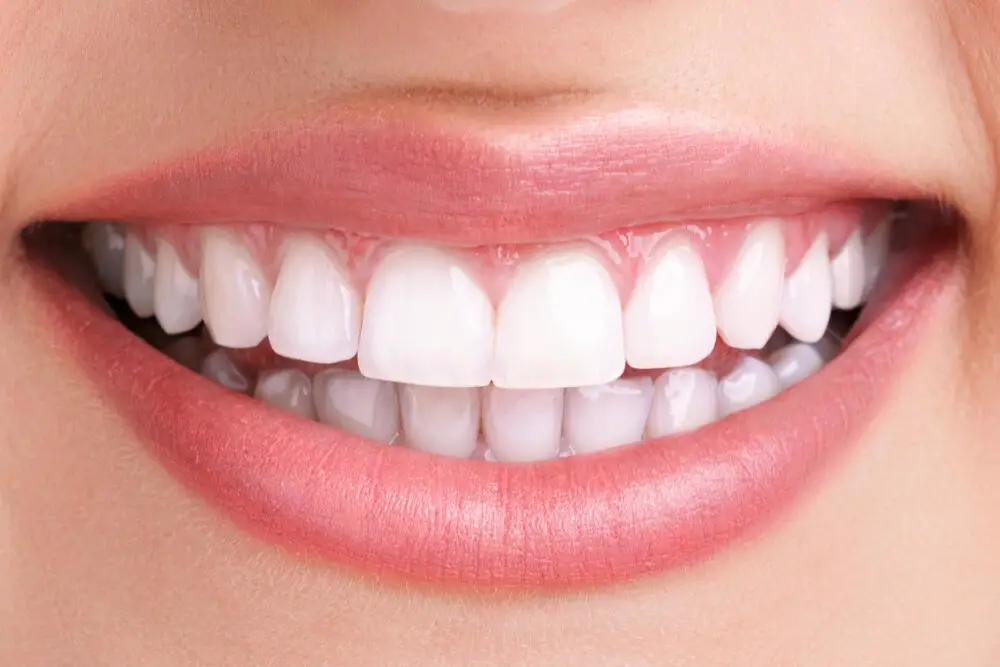
Dental crowns are used to cover and protect damaged or weakened teeth, restoring their structure and function. While they are designed to last for many years, there are certain signs that may indicate a crown needs replacement. One common sign is visible damage to the crown, such as chips, cracks or fractures. This can occur over time due to wear and tear, or as a result of trauma to the tooth. In some cases, the damage may be severe enough to compromise the integrity of the crown, making it ineffective at protecting the tooth. If left untreated, this can lead to further damage or decay, potentially resulting in the need for more extensive dental work. Another sign that a crown may need replacement is discomfort or sensitivity in the affected tooth. This can be caused by a variety of factors, including improper fit, deterioration of the underlying tooth structure, or infection or decay beneath the crown. In some cases, the discomfort may be a result of a cracked or loose crown, which can allow bacteria to enter the tooth and cause further damage. If you experience any discomfort or sensitivity in a tooth with a crown, it is important to have it evaluated by a dental professional as soon as possible to determine the cause and appropriate course of action.
Discoloration of the crown is a common issue that affects the longevity of dental crowns. Over time, the crown may become discolored due to various factors such as staining from food and drinks, tobacco use, and poor oral hygiene. Additionally, the material used for the crown may also play a role in discoloration. For instance, porcelain crowns are more prone to discoloration than metal or ceramic crowns. While discoloration may not necessarily affect the functionality of the crown, it can be unsightly and impact the overall appearance of one’s smile. Therefore, it is important to practice good oral hygiene and avoid habits that can stain the crown to ensure its longevity and maintain a bright, healthy-looking smile.
Dental crowns are prosthetic caps that are placed over damaged or decayed teeth to restore their shape, function, and appearance. However, despite their durability, dental crowns are not indestructible and can develop cracks over time. Cracks on the crown can occur due to various reasons such as excessive biting force, trauma, or natural wear and tear. Some signs of a cracked crown include sensitivity to hot or cold foods, pain while chewing, and a loose or dislodged crown. If left untreated, a cracked crown can lead to further damage to the tooth or even tooth loss. Therefore, it is essential to consult a dentist as soon as possible if you suspect a cracked crown to ensure its timely repair or replacement.
Sensitivity or pain in the tooth is a common issue that people face when they have dental crowns. This can occur due to a variety of reasons, such as a loose or ill-fitting crown, gum recession, or decay around the edges of the crown. The pain can range from mild discomfort to intense pain, and can be aggravated by hot or cold food and drinks. It is important to address this issue promptly, as it can lead to further damage to the tooth and the surrounding gums. Your dentist may recommend a dental exam to determine the cause of the sensitivity or pain, and may suggest treatment options such as a new crown or filling, or a root canal if the tooth is severely damaged.
A dental crown is a restorative solution that can last for many years, but over time, it is possible for a crown to become loose. This can be caused by a variety of factors, including decay, trauma, or poor fit. When a crown becomes loose, it can be uncomfortable and even painful, and it can also compromise the integrity of the surrounding teeth and gums. It is important to address a loose crown as soon as possible to prevent further damage or infection. Your dentist may be able to re-cement the crown or recommend a replacement if necessary, depending on the extent of the damage. Proper care and maintenance of your dental crowns can help ensure their longevity and prevent issues such as a loose crown from occurring.
How to Extend the Lifespan of Dental Crowns
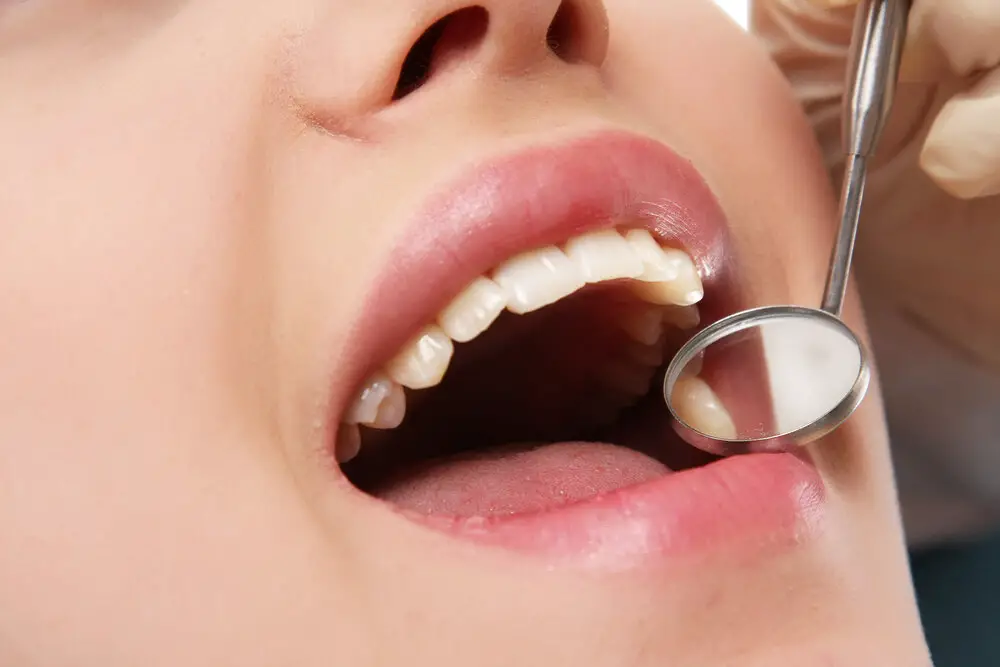
Dental crowns serve as a protective covering for damaged, decayed or discolored teeth. They are an excellent option to restore the appearance and functionality of your teeth, but like any other dental procedures, they require proper care and maintenance. To extend the lifespan of your dental crowns, it’s essential to follow a few simple guidelines. Firstly, good oral hygiene practices are crucial for the longevity of your crowns. Brushing twice a day and flossing daily can help remove plaque and bacteria that can weaken the crown’s integrity. It’s also important to avoid hard and sticky foods that can damage the crown or loosen it from the tooth. Instead, opt for soft and nutritious foods that provide essential vitamins and minerals for your overall oral health. Secondly, regular dental check-ups are necessary for the longevity of your dental crowns. During your dental appointments, your dentist will examine your crowns to ensure they are intact and functioning correctly. Your dentist may recommend X-rays to detect any underlying issues that could compromise your dental health. Additionally, your dentist may recommend minor adjustments to ensure your crown fits correctly and comfortably. By following these simple guidelines, you can extend the lifespan of your dental crowns and enjoy a healthy, beautiful smile for years to come.
Proper oral hygiene is essential to maintain the longevity of dental crowns. Brushing twice a day with a soft-bristled brush, flossing daily, and using mouthwash can help prevent plaque buildup and bacterial growth, which can lead to decay and gum disease. It is also important to avoid hard or sticky foods that can damage the crown or dislodge it. Regular dental check-ups and cleanings are crucial to detect any issues early on and ensure the crown is still in good condition. By taking good care of your oral health, you can increase the lifespan of your dental crown and avoid any potential complications.
Avoiding hard foods is one of the most important steps towards ensuring the longevity of dental crowns. Hard foods can cause damage to the crown by creating cracks or fractures, which can eventually lead to the need for a replacement crown. Additionally, hard foods can put undue stress on the crown and the underlying tooth, which can cause it to loosen or even fall out. It is recommended to stick to softer foods and avoid biting down on anything too hard or crunchy, such as ice, hard candy, or nuts. By taking care to avoid hard foods, patients can help to extend the lifespan of their dental crowns and maintain a healthy, beautiful smile for years to come.
Wearing a mouthguard for teeth grinding is an effective way to protect dental crowns and prevent premature wear. Bruxism, or teeth grinding, exerts excessive force on the teeth, leading to cracks, fractures, and chipping of the dental crowns. A mouthguard acts as a cushion, absorbing the force of the grinding and protecting the crowns from damage. It is essential to wear the mouthguard consistently, especially at night, when most people grind their teeth unconsciously. The mouthguard must fit snugly and comfortably to ensure maximum protection and prevent irritation to the gums and oral tissues. By wearing a mouthguard, patients can extend the longevity of their dental crowns and avoid costly and time-consuming repairs or replacements.
Regular dental checkups are vital to maintaining the longevity of dental crowns. These checkups allow dentists to identify any potential issues with the crown or surrounding teeth, such as decay or gum disease, before they become more severe. Additionally, regular cleanings can help prevent plaque and tartar buildup, which can weaken the bond between the crown and tooth. By staying up-to-date with dental checkups, patients can ensure their crowns last as long as possible and avoid the need for premature replacement. It’s essential to prioritize oral health by scheduling regular appointments with a trusted dental professional.
The longevity of dental crowns is affected by various factors that include the type of material used for the crown, the location of the tooth being restored, the oral hygiene practices of the patient, and the amount of force that the crown receives. Crowns made of high-quality materials such as porcelain or ceramic tend to last longer than those made of metal or resin. Crowns placed on teeth that undergo heavy biting and chewing forces are more prone to wear and tear, and may require replacement sooner than those on less-stressed teeth. Proper oral hygiene practices, including regular brushing and flossing, can help prevent decay and gum disease that may affect the longevity of a crown. Finally, the amount of force applied to the crown, such as teeth grinding or jaw clenching, can also affect its lifespan. Overall, a well-maintained crown can last for many years, but proper care and monitoring are essential for ensuring its longevity.
Regular dental checkups are crucial for maintaining good oral health and ensuring the longevity of dental crowns. During a dental checkup, a dental professional can examine the condition of the crown and identify any signs of wear and tear or damage. Early detection of any issues can prevent further damage and save the tooth from needing more extensive treatment. Additionally, regular checkups allow for professional cleaning, which can help prevent gum disease and decay from developing around the crown. By staying on top of regular checkups, individuals can increase the lifespan of their dental crowns and maintain a healthy smile for years to come.
In conclusion, the longevity of dental crowns depends on several factors, including the material used, the location of the crown, and the patient’s oral hygiene habits. While crowns can last for many years, they may need to be replaced eventually due to wear and tear or damage. Patients can help extend the lifespan of their crowns by practicing good oral hygiene, avoiding biting down on hard objects, and visiting their dentist regularly for check-ups. Additionally, choosing a high-quality crown material and a skilled dentist can also contribute to the longevity of dental crowns. Ultimately, by taking proper care of their dental crowns, patients can enjoy a functional and beautiful smile for years to come.
Conclusion
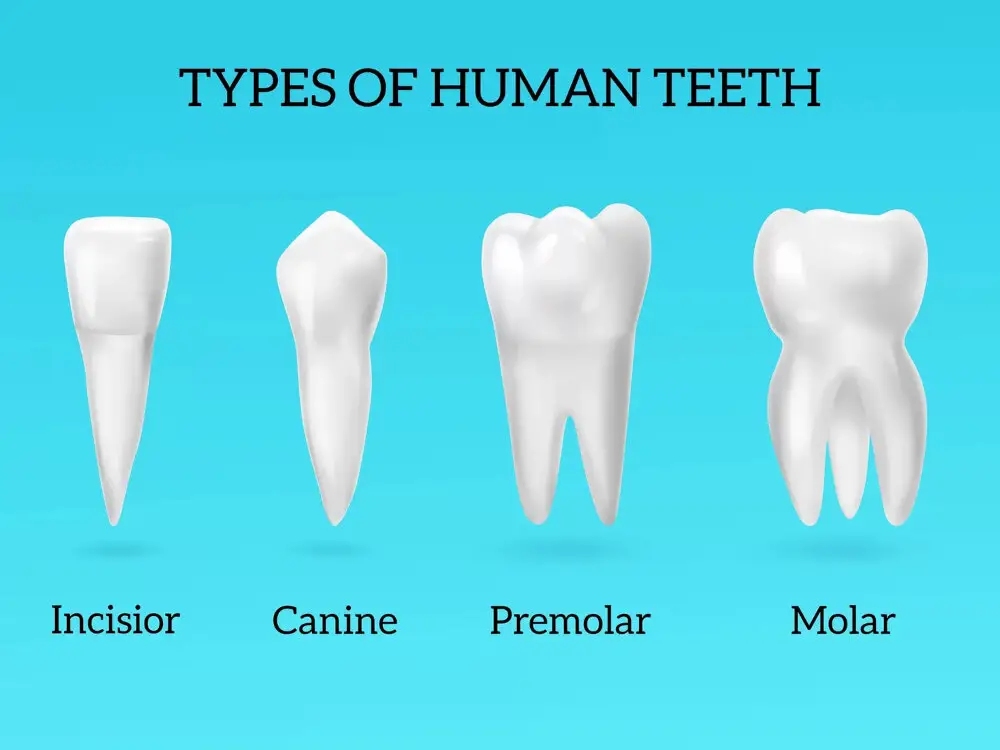
In conclusion, dental crowns have proven to be a reliable and durable solution for damaged or decayed teeth. While the longevity of dental crowns can vary depending on factors such as oral hygiene, diet, and the material used for the crown, they can last anywhere from 5 to 25 years. It is essential to maintain good oral hygiene practices and regularly visit a dentist to ensure the longevity of dental crowns. Additionally, advancements in dental technology have led to the development of more robust and longer-lasting crown materials, providing patients with even more options for restoring their teeth. Ultimately, with proper care and maintenance, dental crowns can provide patients with a long-lasting solution to improve both the function and aesthetics of their smile.
